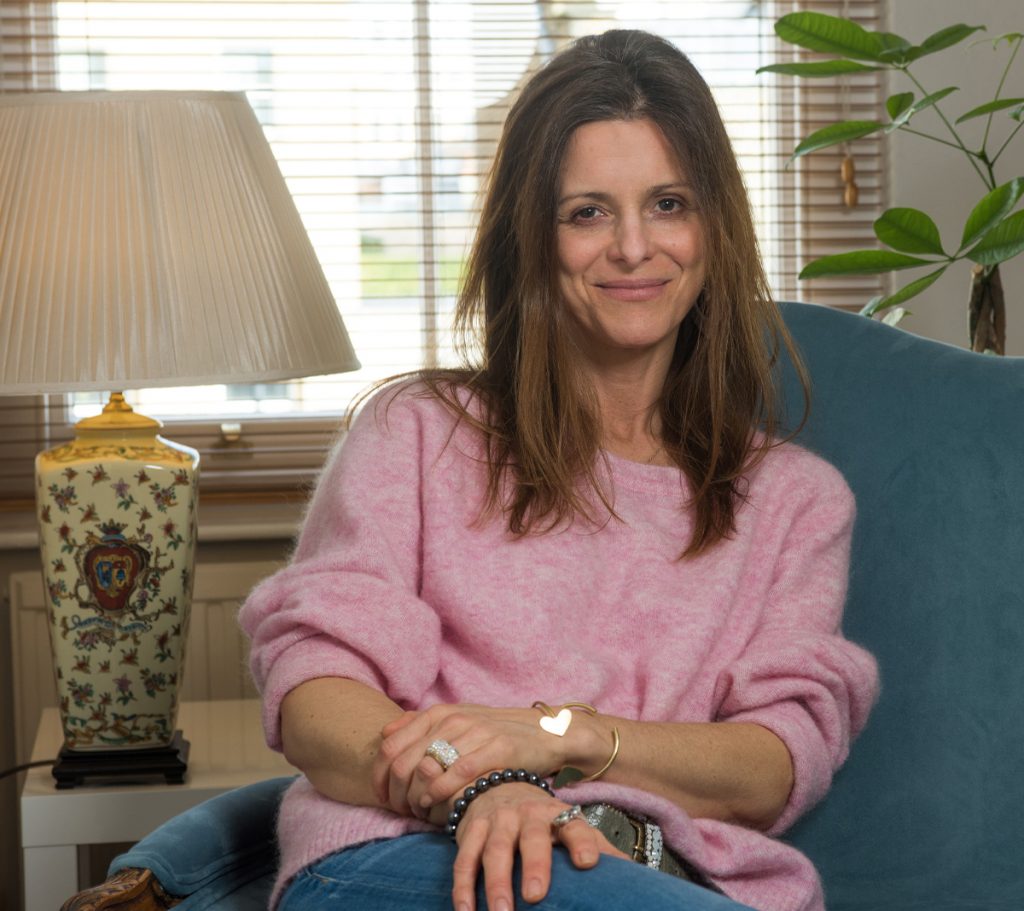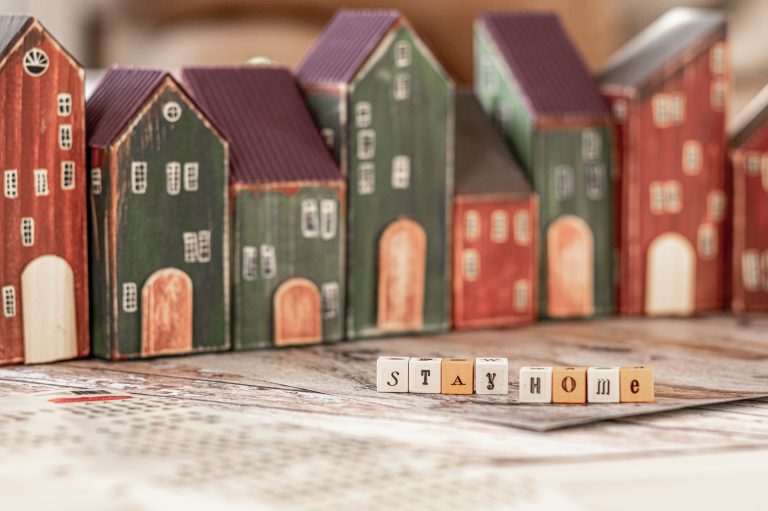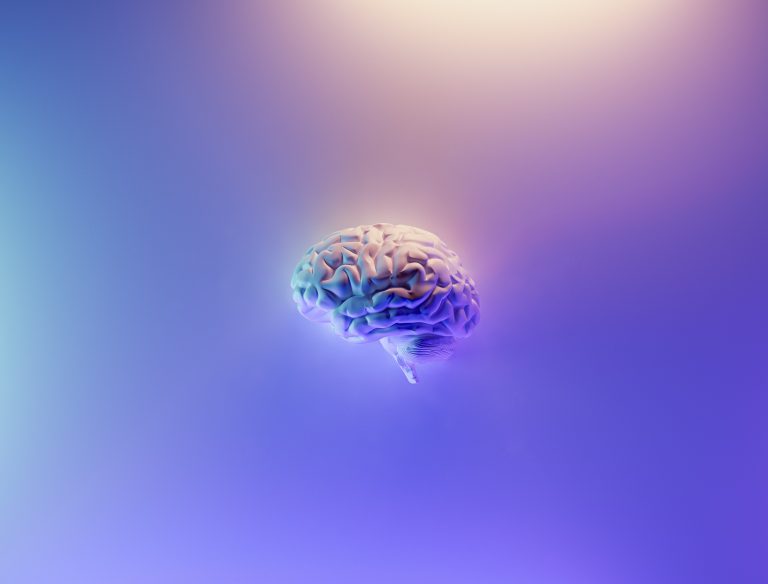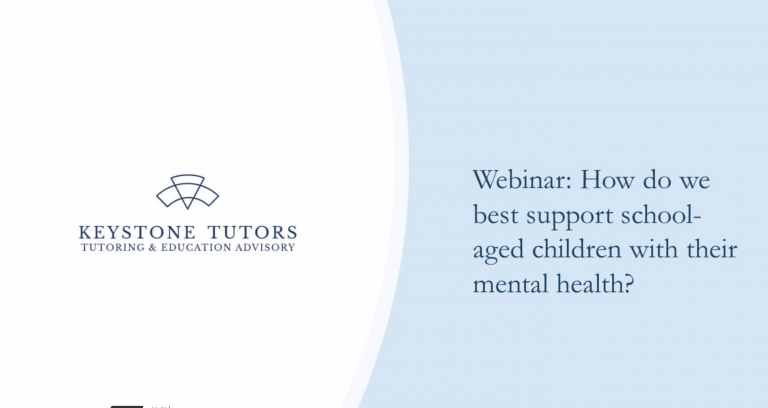All of the current conditions that we find ourselves in are ripe conditions for us to feel traumatised. We have loss of safety, loss of predictability, loss of purpose, loss of connection, loss of sense of time, and loss of mobility. All of these can lead to us feeling traumatised, or even having our past unresolved trauma re-triggered.
We might feel numb or spaced out. We might be “acting out” – eg. Eating more, or eating less, drinking more, smoking more. We might be hoarding food or house products – or obsessing about them – in the fear that we won’t have enough. We might feel childlike again as we are triggered back in time. We might feel scared. We might feel separated from our bodies. We might feel paralysed as though we can’t physically move, or we might feel we can’t think straight. We might not be sleeping as well as we used to, or we might be sleeping an awful lot more. We might have a feeling of being unsafe. We might become snappy and angry. We might become passive or apathetic. Past dependencies to substances of behaviours might be resurfacing. We might be feeling as if all of this will never end. In some cases – especially for those who are especially vulnerable to this virus – we could feel in such danger that we think we might die.
These are all symptoms and signs that we are feeling traumatised.
Covid-19 collective trauma IS a collective trauma. Whilst on the one hand it can bring people and communities together, for some of us it will leave us feeling even more separate and vulnerable.
There are a few steps we can consciously take in order to combat this:
- Be gentle with ourselves.
- Notice how young we feel. When we are triggered we often revert to feeling like a child How would we treat another person of that age? Probably in a very loving way. Let’s do that to ourselves.
- Get moving. Physical movement can help trauma to process through our bodies; staying still can keep trauma stuck. Even some warm-ups in our bedroom if we are stuck inside, or body stretches. But we must get moving. Dancing to some music! If we have access to outside space we must use it. When animals suffer trauma they shake and move until it is all processed through. Let’s find our own inner animal and shake it all off.
- Feel seen: Stay connected to other people. Especially those who truly “see” us. Face time. Video calls. We need to feel truly seen. This can help combat our feelings of aloneness and lack of safety.
- Meditation. If we are able to sit in stillness, then mediation is beyond beneficial. It helps us with the notion of time and space as we gain perspective and silence, and for some it can rekindle the sense of inner safety. It can also help us to come back to, and remain in, the present moment. “Right now in this moment I am ok”. If we can stay in the present moment then we realise we are always ok. If we are not able to sit quietly and it is too painful or difficult, then we skip this and focus on connecting with others who truly see and understand us.
- Find a new purpose for now, that fits with our needs and capabilities. Get that sense of purpose back. Even if it is only a temporary “lock down” purpose – it doesn’t need to be a life purpose or a life-changing purpose. Perhaps it’s “look after my dry skin”, or “drink three litres a day experiment”, or “the not washing hair for 6 weeks to get it strong challenge”, for example. Perhaps start something alongside a friend, so you can feel as though you are working towards it together and consequently strengthen your sense of connection at the same time. Do the VIA character strengths quiz on my last blog to find your top 5 strengths, and consciously play to them, today and this week.
- Avoid overwhelm with the news, misinformation etc. Change the channel. We can get the facts we need from the headlines. This can unnecessarily add to our feelings of fear, anxiety, and lack of safety.
- Numbing out: It can be tempting to try to numb out with alcohol or food, or Netflix, or any behaviours or substances, but this will keep us stuck and prevent trauma from processing through. Being aware of this is key – if we feel we need support in this area, there are many free resources available such as 12 Step Fellowships, which are all now available on Zoom.
- Set a daily routine. Plan meals, TV time, work, reading, yoga, calling friends. Have a timetable. For the day, or for the week if we like. This can help us regain a sense of time and space and regain the predictability that we need to have in our lives as humans.
- This will come to an end. Very often when we feel a sense of trauma, we have a feeling of “this will never end”. This will end, but to help our bodies to realise this too, being aware of feelings and body sensations and how they change in our bodies can be really helpful. This awareness then teaches our unconscious that things do move on, things do change – and this can help translate into our conscious mind with regards to this current situation.
With thanks to Bessel van der Kolk for his experience and timely insights.

Author: Lucinda Gordon Lennox
Trauma Specialist MSc (Reg MBACP, FDAP Accred)




